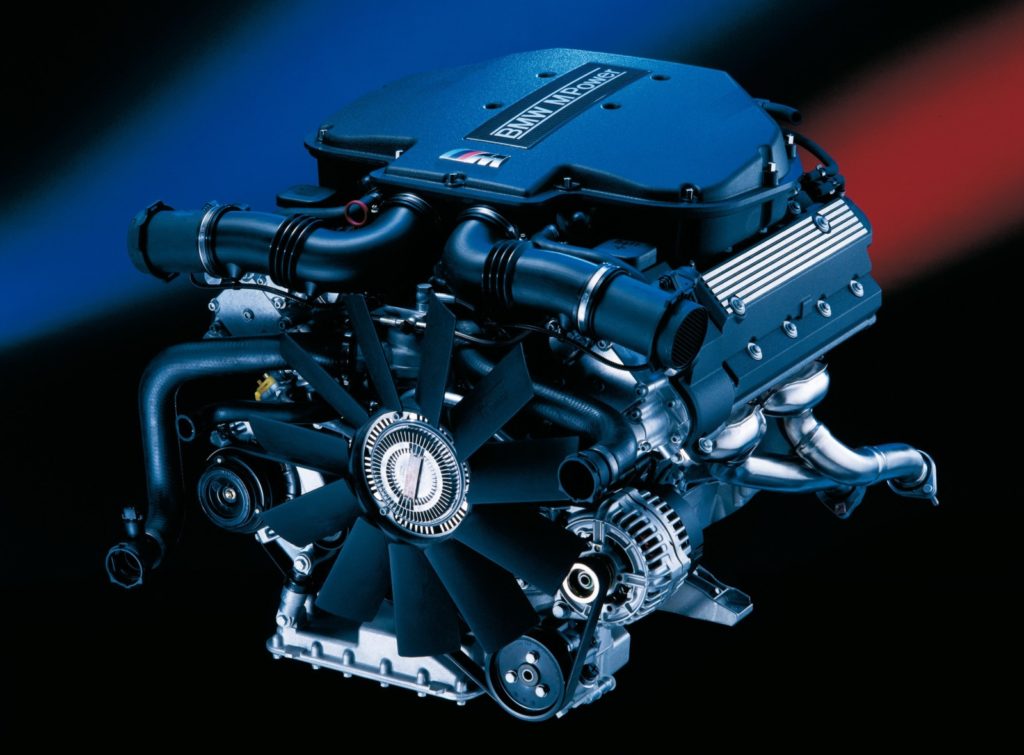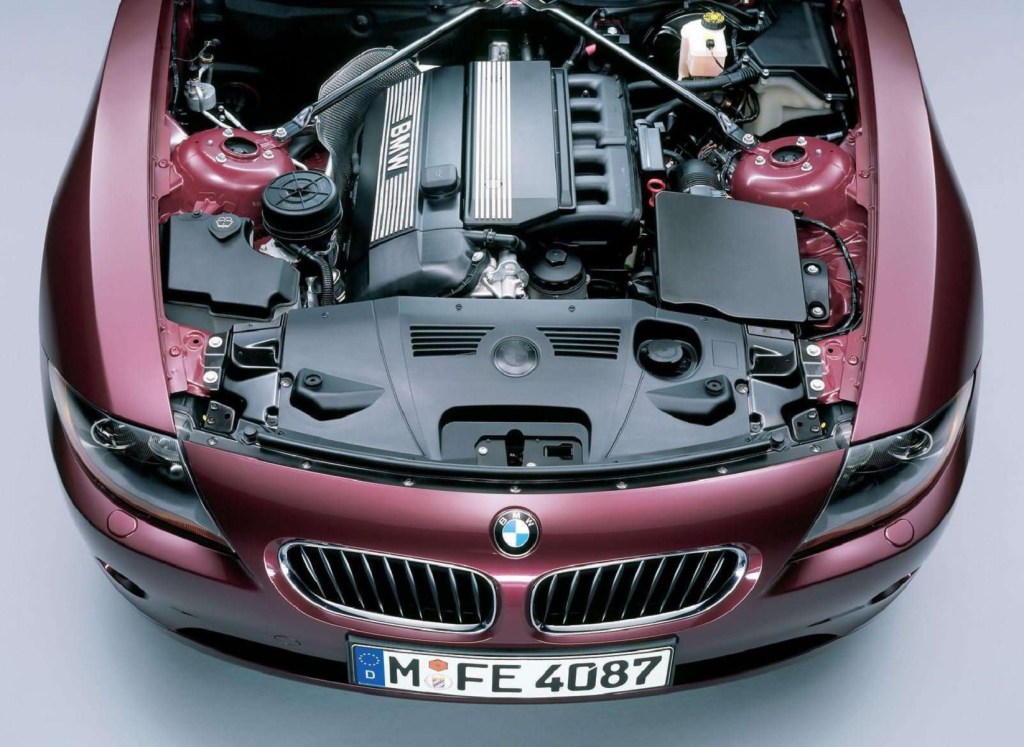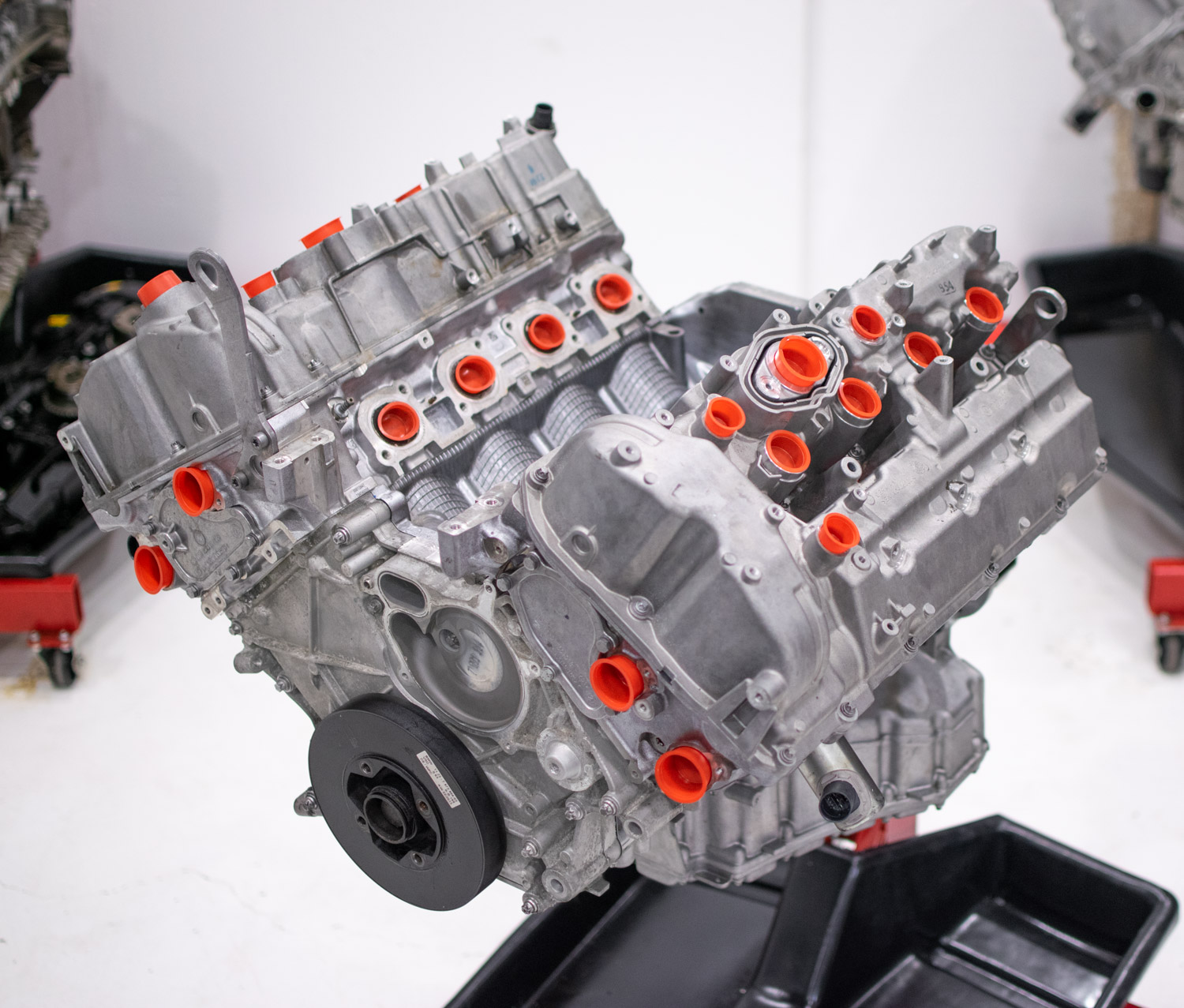The Role of BMW Engine Style in Achieving Exceptional Fuel Performance
The Role of BMW Engine Style in Achieving Exceptional Fuel Performance
Blog Article
Unveiling the Intricacies of Next-Generation Power Units: a Deep Study Advanced Engine Designs and Innovations
In the world of vehicle design, the unrelenting quest of performance, sustainability, and performance has actually moved the development of power units to unprecedented elevations. As we base on the precipice of a new age in transportation, the complexities of next-generation engine styles beckon us to check out the advanced innovations and innovations that guarantee to redefine the driving experience. From sophisticated materials that push the borders of toughness and weight reduction to innovative turbocharging and supercharging systems that elevate power outcome to brand-new degrees, each component of these power units holds an essential to opening the future of automobile design. Diving deeper into the worlds of emission control, smart engine administration systems, and the perspective of power unit advancement, we find ourselves on the cusp of an improvement that assures to reshape the landscape of wheelchair as we understand it.
Evolution of Engine Products

The shift towards progressed engine materials has likewise made it possible for engineers to make engines with greater power outputs while preserving fuel performance standards. The use of light-weight materials decreases the overall weight of the engine, leading to improved gas economic situation and reduced exhausts. Furthermore, developments in materials innovation have permitted far better thermal administration within engines, leading to boosted reliability and long life.
Turbocharging and Supercharging Technologies
Just How do Turbocharging and Supercharging Technologies reinvent engine performance and performance in contemporary automobiles? Turbo charging and turbocharging are modern technologies that significantly enhance engine performance by increasing the amount of air consumption right into the combustion chamber. Turbocharging achieves this by using a turbine driven by exhaust gases to pressurize the consumption air, while supercharging utilizes a belt- or chain-driven compressor to attain the same result.
These innovations allow smaller sized, more fuel-efficient engines to create power comparable to bigger ones, understood as downsizing. By compeling more air right into the cylinders, turbocharging and turbo charging boost combustion efficiency, leading to enhanced horse power and torque output without a considerable increase in engine size. This causes better velocity, towing capability, and overall driving efficiency.
In addition, turbocharging and turbo charging add to enhanced gas efficiency by allowing the use of smaller engines that eat less fuel under typical driving conditions - bmw engine. This mix of enhanced efficiency and efficiency has made turbocharging and supercharging integral elements of many modern-day engine designs
Emission Control and Environmental Impact
With enhancing global problems pertaining to air high quality and environmental sustainability, the execution of exhaust control technologies in cars plays a crucial role in decreasing hazardous pollutants launched right into the environment. Modern lorries are furnished with sophisticated exhaust control systems that assist reduce the environmental effect of vehicle procedures. Catalytic converters, as an navigate to these guys example, are made to transform harmful gases such as carbon monoxide gas, nitrogen oxides, and hydrocarbons into less harmful compounds like co2 and water vapor.
Furthermore, innovations in engine technology, such as the assimilation of exhaust gas recirculation systems and discerning catalytic decrease, have substantially added to decreasing emissions. These innovations operate in tandem to optimize burning performance and reduce the release of dangerous toxins right into the air. In addition, the growth of crossbreed and electrical vehicles represents a vital step in the direction of minimizing the general ecological impact of the transport field.
Intelligent Engine Administration Systems

Furthermore, these systems allow cars to satisfy strict emissions criteria without compromising performance, providing a more ecologically pleasant driving experience. The integration of man-made intelligence and maker knowing capacities in engine administration systems continues to push the limits of what is feasible, bring about further enhancements in effectiveness, reliability, and general lorry performance. bmw engine. As vehicle innovation developments, smart engine administration systems will play an important duty in forming the future of transportation in the direction of an extra sustainable and efficient instructions
Future Trends in Power Device Advancement
As smart engine administration systems lead the means for enhanced control and optimization in contemporary vehicles, future trends in power system advancement are poised to redefine the landscape of auto propulsion technologies. These alternative power resources provide enhanced performance and performance while aligning with rigorous environmental laws.
Another considerable fad is the integration of sophisticated products and manufacturing methods. Lightweight products such visit the site as carbon fiber and aluminum are being made use of to decrease total lorry weight, boosting gas performance and efficiency. Additionally, innovations in 3D printing and additive manufacturing are making it possible for the production of intricate engine elements with higher accuracy and sturdiness.
Moreover, expert system and artificial intelligence are playing a critical duty in maximizing power system performance. These modern technologies enable real-time tracking and adaptive control, leading to a lot more trustworthy and reliable power distribution. On the whole, future fads in power system growth are geared towards performance, sustainability, and efficiency, driving the automotive sector towards a brand-new age of propulsion innovations.

Conclusion
In final thought, the innovations in engine products, turbocharging, discharge control, and intelligent monitoring systems have actually led the method for next-generation power units. The intricate styles and technologies in modern engines display the continuous advancement of vehicle innovation.
Discovering the dynamic innovations in engine products has been pivotal in boosting the performance and effectiveness of modern-day engines. Over the years, the development of engine products has actually played a critical duty in pushing the boundaries of what engines can achieve.The change in the direction of progressed engine materials has actually likewise enabled engineers to create engines with greater power outputs while maintaining gas find here efficiency standards.The execution of smart engine monitoring systems in modern cars has transformed the means engines are managed and optimized for efficiency and efficiency. By collecting data in real-time and examining it with innovative formulas, smart engine management systems can adjust to driving styles, environmental aspects, and engine wellness to make the most of power result while decreasing fuel usage and exhausts.
Report this page